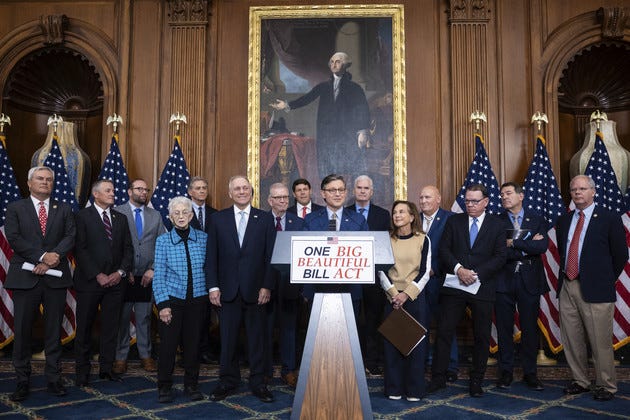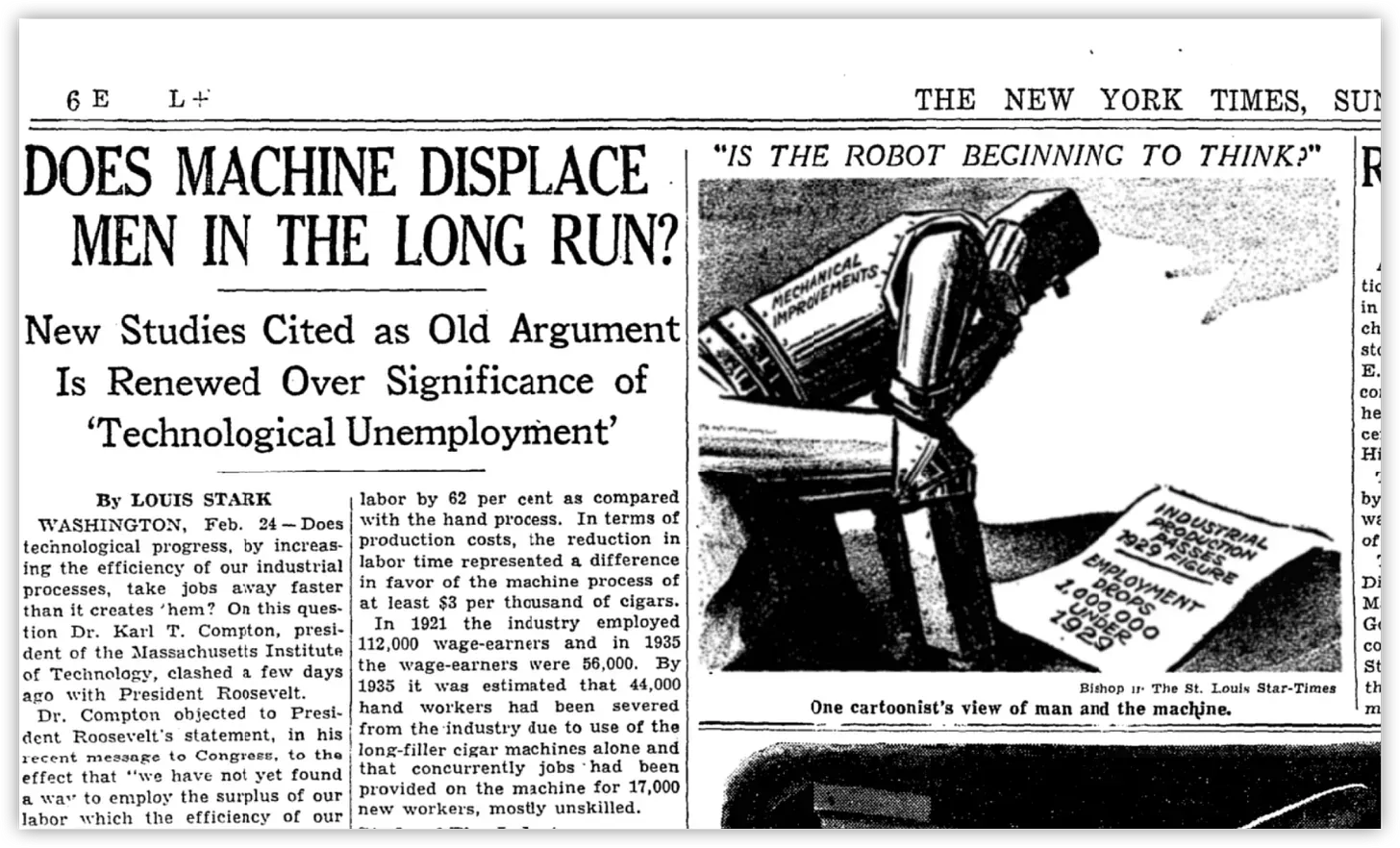Well, that escalated quickly.
Reaction to the passage of President Donald Trump’s “big, beautiful bill” in the U.S. House of Representatives — just after 4 a.m. Arizona time on Thursday morning — was swift and critical from Tucson Democrats, particularly those running for Congress.
While many have complained about how Republicans debated and narrowly passed a 1,000-page budget bill in the middle of the night, the timing did give political reporters a full day to gather reactions from local politicians.
No surprises here: Democrats were not happy with the massive cuts contained in the bill.

House Republicans, including House Speaker Mike Johnson, offer a statement after the bill was passed. Probably mentioned “thoughts and prayers” for the estimated 14 million Americans who might lose healthcare because of the legislation.With the special election for Congressional District 7 less than two months away, Democratic candidates focused their ire on Tucson Congressman Juan Ciscomani — one of 215 Republicans who voted in favor of the bill while most of his constituents were sleeping.
For social media strategist Deja Foxx, the proposed reductions in federal funding to safety net programs hit close to home. The recent Columbia University graduate said her family depended on Section 8 housing, SNAP and Medicaid when she was younger — resources that enabled her to become the first in her family to attend college.
“We see Donald Trump and his Republican allies attempting — in the middle of the night, mind you, by design — attempting to distract us and hide their efforts to strip millions of their access to health care. Cuts to things like Medicaid and take food off of the table of our most vulnerable families by reducing SNAP benefits,” Foxx said.
Former state legislator Daniel Hernandez said his family also relied on public assistance to put food on the table and stay healthy.
"The MAGA Republican budget gives tax breaks to the rich while letting kids starve, leaving millions without health care, and cutting access to higher education for students. Despite Republicans touting to save money — this bill actually grows the federal deficit,” Hernandez told the Tucson Agenda.
Former County Supervisor Adelita Grijalva used a different name for the bill — “Trump’s big ugly bill” — and said it was a historic betrayal of the middle class.
”It proves the Republican party is full of nothing but big lies and broken promises,” she said. “They promised to help to lower costs and to help working families but their big priority bill does the exact opposite. It cuts health care, food and housing programs, public education, research – essentially every program that pulls Americans out of poverty.”
Ciscomani had spoken up against the budget plan in April, sending a letter to House GOP leadership stating he “cannot and will not" vote for legislation that reduces Medicaid coverage for those who need it.
On Thursday, he issued a statement on Twitter claiming the bill “strengthens and protects Medicaid for those who rely on it by tackling waste, fraud, and abuse through sensible work requirements and stronger eligibility verification.”
Ciscomani’s statement echoed language popular among DOGE supporters, referencing the bill’s focus on eliminating “waste, fraud, and abuse.”
The nonpartisan Congressional Budget Office released an analysis on Wednesday suggesting the legislation would disproportionately benefit the wealthy.
Ciscomani also thanked Trump and his fellow Republicans for “listening to the voices of the people in my district that I’ve been advocating for through the reconciliation process.”
Over the next few weeks, those voices might have a lot more to say about the proposed cuts, particularly the 136,000 people in Ciscomani’s district who depend on Medicaid.
The bill now moves to the Senate.
Joe spent the better part of this week watching House debates dismantling the safety net for millions of Americans in the middle of the night. Let us know he’s losing sleep for all the right reasons — and that you want him to watch the Senate debates — by subscribing today.
At the Education Agenda, we usually focus on politicians and education officials — the people who come up with the “newsiest” stuff.
But that leaves out what education is really all about: the students.
So, this week we turned the spotlight on the kiddos and teenagers who are putting in the work and taking on new ideas.
We poked around local news stories, school district newsletters, and school competitions and found students overflowing with creativity, shockingly smart high schoolers, and much more.
Arizona students are a bright, ambitious bunch, and this graduation season, we want to take a minute to celebrate that.
But the grownups didn’t just sit on their hands all week.
They floated the idea of creating a federal school voucher program. They pulled back a nearly $38 million fine on a university. And they got into social media spats over diversity, equity and inclusion.
All that was just one week’s worth of news.
If you want to put your finger on the pulse of education, then click that button and subscribe to the Education Agenda!
When you think about water, how often does cybersecurity come up?
Probably not as much as federal lawmakers would like. Right now, Arizona’s Sen. Ruben Gallego is trying to convince his colleagues to get on board with his idea for protecting the nation’s water supply from hackers.
It’s a big, tricky problem, which this week’s Water Agenda unpacks.
A few years ago, a Florida water-plant operator watched as the cursor on a computer began moving around the screen and opened the plant’s control system.
The unknown cyber intruder raised the water’s caustic lye additive levels from a harmless 100 parts per million to a skin-burning 11,100 parts per million. The staffer yanked the numbers back before the dangerous water entered the delivery system, officials reported in the aftermath.
Meanwhile, water officials met at the University of Arizona to talk about the future of the Colorado River, including a federal official who said her department is rethinking its River management proposal from last year, which Arizona officials really didn’t like.
Elsewhere, streams are coming back to life, people aren’t paying their sewer bills, and much more.
Arizona is overflowing with water news, and you’d be hard-pressed to find a better source than the Water Agenda!
If you’re worried about A.I. someday taking your job, well, you’re not wrong.
But it might not be as bad as you think. At least that’s what CEOs are saying, even the ones who think A.I. will replace them, too.
In this week’s edition of the A.I. Agenda, we dig into a new trend: companies asking for job applicants who aren’t human.
No one is more on board than ServiceNow CEO Bill McDermott. He takes the position that Agentic AI should replace a lot of the current “soul-crushing work.”
By automating repetitive tasks, ServiceNow aims to free employees for more strategic and creative roles.
“You have to realize the soul-crushing work that most people are stuck with on a day-to-day basis is not actually the work they ever dreamed of doing,” he noted.
In Arizona, officials are slowly grasping the importance of regulating A.I., and they’re pushing federal lawmakers to let states have at least some control.
Meanwhile, librarians are using A.I. as a translator, columnists don’t like deepfakes in courtrooms, and Big Tech is making big moves.
Staying on top of the ever-changing world of A.I. has never been easier. Just click that button and subscribe!
Last month, the Pima Association of Governments (PAG) Regional Council came this close to showing Executive Director Farhad Moghimi the door.
Fed up and visibly annoyed, board members voted 6-2 to put his employment contract on the next agenda, politely asking staff to schedule a meeting sometime within the next 7 to 10 days.
Then came the plot twist: PAG staff attorney Thomas Benavidez resigned in April and sent the whole process into a bureaucratic malaise.
The chair of the Regional Transportation Authority (RTA) then refused to schedule the joint meeting required to evaluate Moghimi’s job performance. Why? Because you can’t possibly talk about someone’s performance without first hiring a lawyer.
Fast-forward to Thursday: Board members held a special meeting just to hire an interim attorney.
And now, after only six short weeks, the long-awaited joint meeting to discuss Moghimi’s fate is finally on the calendar — for June 5.
Who says local government doesn’t move fast?












Ciscomani finally did it. Juan showed us his true colors. He voted to cut over 136 thousand people in his district. The bill passed the House by one vote, 215 to 214. Congressman Ciscomani's vote put Republicans over the top. The legislation cuts Ciscomani’s constituents from Medicaid and SNAP food stamps programs to fund Trump’s “Big Uguly Tax Cut for the Filthy Rich.”
Ciscomani is a sly politician. He’s not telling his voters who will be cut from government health programs until 2027, after his 2026 midterm reelection.
Of course, he doesn’t want voters to be mad at him on election day. What a proud Congressman Hon. Juan Ciscomani must have been to have been the one vote to make a difference for Trump and add $2.3 trillion to the national debt.
The AI Agenda is an excellent, written for the layperson, report on what is happening in AI and what it means for our community and our society. I promise to become a paid subscriber soon, but I am a bit 'whelmed by the number of paid newsletter subscriptions I have. Still, I tell myself that being a paid subscriber makes me a contributor to the evolution of quality journalism.